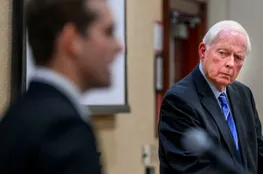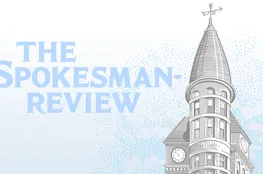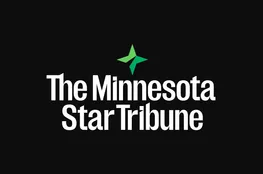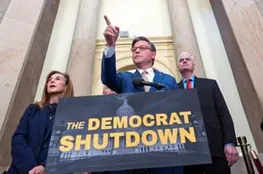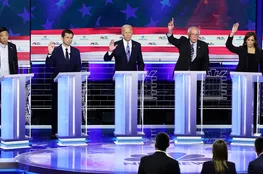Property owners in Chicago are bracing for a challenging time as Mayor Brandon Johnson unveils a $17.3 billion budget plan for 2025, which includes a significant $300 million property tax hike. This move comes as a surprise to many, especially since Johnson had previously opposed such increases during his campaign. However, he decided on this taxing path rather than imposing mandatory furlough days or substantial layoffs for unionized city employees.
Despite slashing 743 vacant positions, which include 400 roles within the Chicago Police Department, Mayor Johnson found it necessary to accrue a record $570 million tax increment financing (TIF) surplus to balance the budget. This surplus is $54.1 million greater than last year’s record and has $311 million earmarked for Chicago Public Schools. Johnson expressed that the decision to increase property taxes was painful but inevitable due to past administrations failing to address fiscal challenges adequately.
In light of diminishing options, Johnson dismissed the suggestion of asking for furloughs from city workers, citing public reliance on essential services provided by police and fire departments. Instead, he hopes that organized labor will aid him in securing the needed 26 City Council votes to pass the controversial tax hike. With Johnson's approval ratings at a meager 14%, the political terrain is fraught with opposition, especially since 14 alderpeople have already labeled the tax increase as a 'non-starter.'
The business community is expressing concern over the potential financial impact on residents and small businesses, emphasizing the need to look for efficiencies and alternative funding before resorting to tax increases. Suggested measures include cutting vacancies, implementing a hiring freeze, and optimizing the use of remaining federal pandemic relief funds.
The City Council, feeling emboldened by Johnson’s low approval ratings, has already acted twice against the mayor in recent decisions. This dynamic raises questions about the viability of the proposed tax hike without substantial labor concessions. Some Council members suggest continued negotiations with unions might reveal alternative solutions that do not involve job cuts but capitalize on eliminating vacancies.
The Progressive Caucus within the Council is also vocal about specific demands, such as no layoffs and allocations for childcare and violence prevention programs, which are not currently in the budget. Overall, Johnson’s proposal appears to tread the path of least political resistance, avoiding conflict with labor unions whose support remains crucial.
Against the backdrop of educational funding concerns, the Chicago Board of Education's decision regarding a $175 million pension payment may affect financing for schools. With a new school board coming into play, scrutiny over the record TIF surplus's impact on borrowing becomes pivotal.
Mayor Johnson initially promised not to raise property taxes, criticizing it as 'lazy governance.' However, the looming fiscal shortfall has forced a strategic reevaluation of that stance. Some argue that addressing emerging operational gaps requires shared sacrifices, but Johnson's hesitation to challenge the base of his political support might impede such measures.
The upcoming budget also includes plans for increased revenue from liquor tax, aligning parking taxes, and adjusting aspects of the city's bag tax. Despite raising property taxes, significant investments are made in housing, mental health services, and job creation.
As Chicagoans contemplate how this budget might affect them, looming questions remain about the fiscal discipline of the current administration and its ability to deliver a city budget that fosters economic growth without overstretching its taxpayers. Mayor Johnson is confident in his stance, faces a pivotal moment that might either validate his approach or necessitate substantial strategic pivots.


